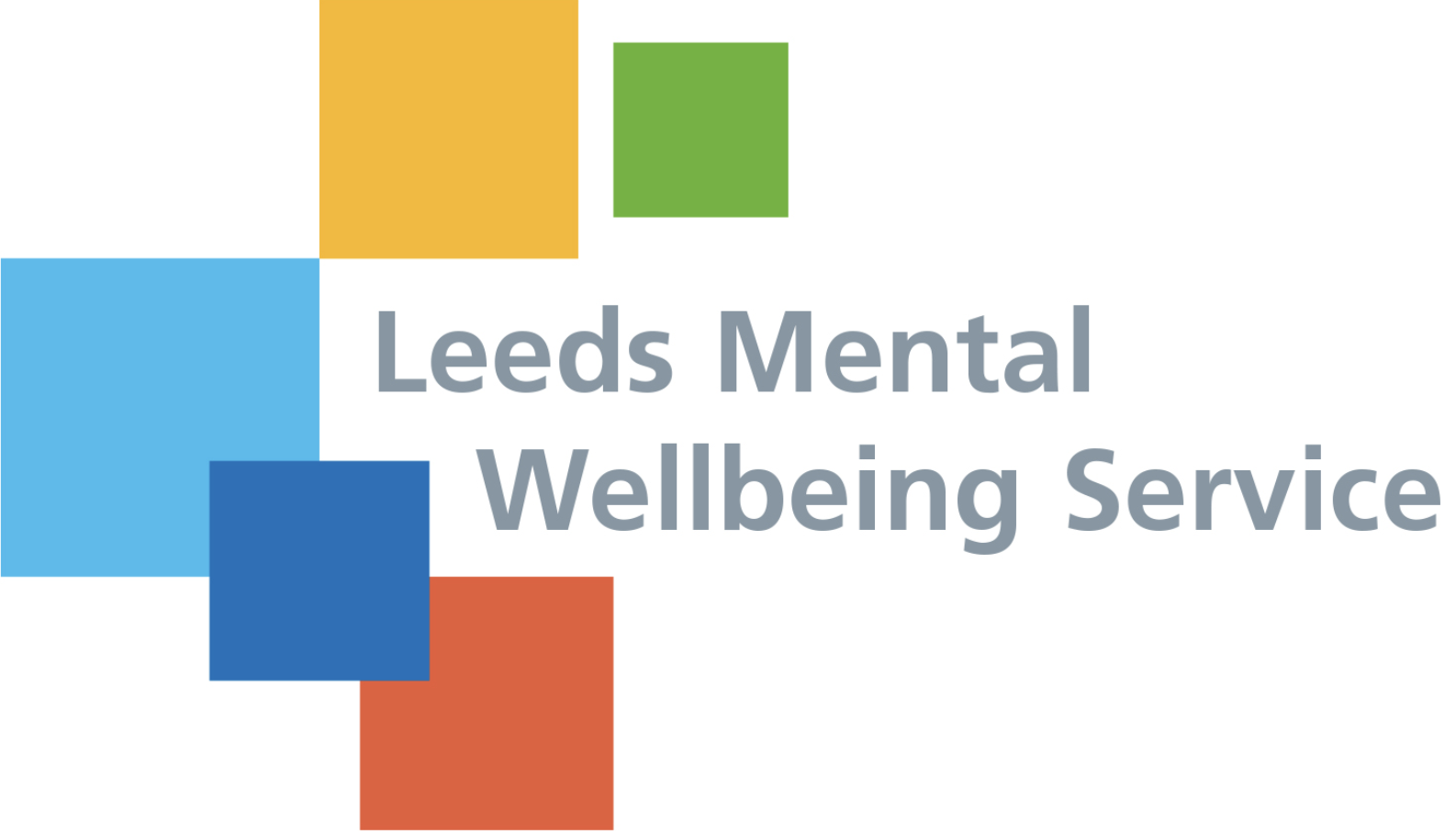Professional referral into LMWS Talking Therapies
Welcome to our referrals page for healthcare professionals. Here, you’ll find information on the professional referral process to the Leeds Mental Wellbeing Service (LMWS) Talking Therapies team and our professional referral form.
If you are not a healthcare professional but you are supporting a client to refer to the service, please use our self-referral form.
Please note that referrals for the Primary Care Mental Health team under LMWS need to be completed via SystmOne or via the GP. If LMWS Talking Therapies receives a professional referral which does not meet our eligibility criteria, this may be forwarded onto the PCMH team directly.
Further reading
As well as self-referrals, Leeds Mental Wellbeing Service accept referrals from a patient’s GP or healthcare professional.
Referral criteria
Referral criteria
LMWS Talking Therapies provides evidence-based structured treatments for common mental health problems including anxiety disorders and depression.
Prior to making a referral, please ensure that the client meets the following criteria:
- The client is aged 17+ and registered with a Leeds-based GP
- The client is not already under the care of other NHS mental health services or receiving other therapeutic support (such as CMHT)
- The client wishes to be referred for therapy and is motivated to engage in therapy
- The client is able to independently manage their risk and safety concerns (with the support of a safety plan if applicable)
- The client has symptoms of a common mental health problem as listed below:
- Depression
- Anxiety and stress
- Panic disorder
- Simple phobia
- Health anxiety
- Post-traumatic stress disorder (including for events that occurred in childhood) where there is a clear and specific focus for a PTSD intervention.
- Obsessive compulsive disorder (including trichotillomania and skin picking)
- Generalised anxiety disorder
- Social phobia
- Body dysmorphic disorder
Our service does not offer treatment for serious mental illnesses (SMI). This typically includes but is not limited to conditions such as bipolar disorder, schizophrenia, schizoaffective disorders and personality disorders.
However, if an individual has a SMI which has been stable for the past 12 months and is seeking help for a common mental health difficulty (for example, anxiety disorders or depression), we may be able to offer treatment for the common mental health difficulty.
We are unable to work with clients who have had been under the care of secondary care mental health services for an unstable SMI or have had increases or changes to their SMI medication within the past 12 months.
Situations we can't support
Situations we can't support
LMWS Talking Therapies is unable to offer treatment where the main presenting difficulty is as follows:
- Any eating disorder or disordered eating where there is a primary or significant focus on weight management or relationship with food, or the client’s BMI is 17 or below
- Parasomnia disorders, for example, night terrors
- Addiction, for example, gambling, alcohol or substance dependency
- Anger as a standalone issue (an assessment may be required to ascertain if the anger is part of a common mental health problem however)
- Recent bereavement
- Welfare, benefits or housing support
LMWS Talking Therapies would not be the most appropriate service for individuals with the following needs, and specialist support elsewhere would likely be better suited to provide the level of care required:
- Learning disabilities that significantly affect engagement in LMWS Talking Therapies psychological therapy
- Neurodivergence that prevents effective engagement in LMWS Talking Therapies psychological therapy
- Brain injuries that prevent effective engagement in LMWS Talking Therapies psychological therapy
- Dementia-related difficulties impacting effective engagement in LMWS Talking Therapies psychological therapy
- Drug or alcohol use at a level that prevents effective engagement in LMWS Talking Therapies psychological therapy
- Ongoing care needs already being met through community mental health teams or other secondary mental health services
- A need for multi-professional support beyond medication reviews
- Immediate or active risk of harm to self or others requiring urgent or specialist intervention
- Referrals made solely for diagnostic clarification or for medical or court reporting purposes.
LMWS Talking Therapies professional referral process and form
LMWS Talking Therapies professional referral process and form
- Complete the referral form
- Send completed copies by email to leeds.mws@nhs.net
Please complete all sections of the professional referral form. If any sections are incomplete, the referral will be returned to the referrer or forwarded to the client’s GP if no return address has been provided.
LMWS Talking Therapies is not an immediate support service. If the client needs immediate support, please refer them to the Single point of Access on 0800 183 1485.
Next steps
If the professional referral is accepted, the client will be invited to attend a telephone screening with one of our trained mental health professionals. The purpose of the telephone screening is to gather further information regarding the client’s presenting difficulties and establish if we are a suitable service. If we are a suitable service, we will consider suitable treatment options. If we are not a suitable service, we will consider alternative options with the client.
If the professional referral is not accepted, we will write to the referrer or the client’s GP with a referral outcome and recommendations where appropriate.
